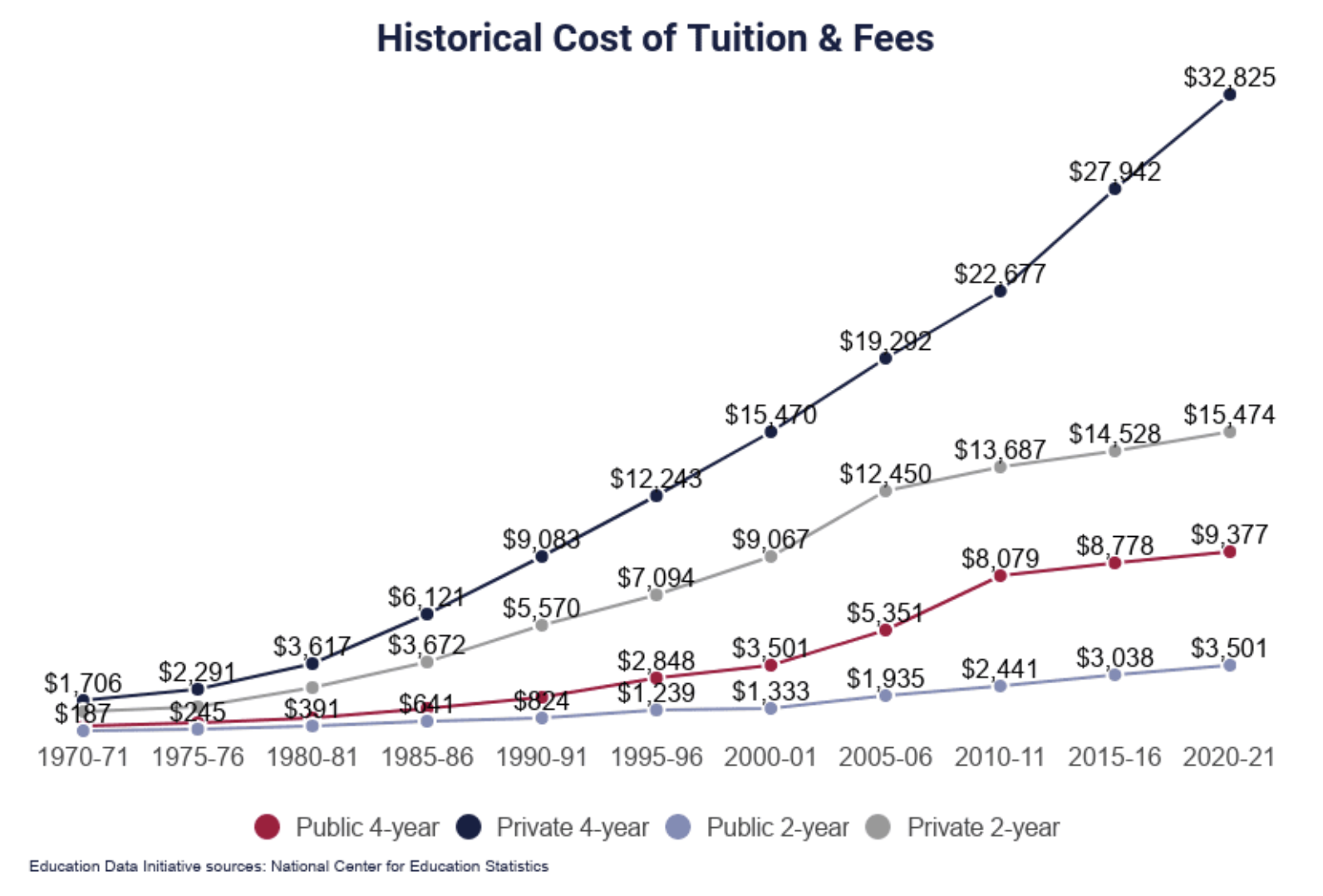Search engine optimization (SEO) is essential in today’s digital age, especially for businesses, blogs, and websites looking to drive traffic and increase their online visibility. However, when writing or blogging about anything on the internet these days, it’s best to try and niche down, while also covering as much of a single topic as possible.
A perfect example of this would be the business of the college, which can consist of anything from college reviews, loans, further education, student housing, and much more. When it comes to education and college-based topics, the use of clustering keywords, and using proven SEO methods, content creators can rank for a wide range of keywords, increase organic traffic, and reach a wider audience — all within a given niche market.
In this article, we will discuss the importance of using clustering with keywords and creating supporting content with new articles to help education and college-based content rank.
Understanding Clustering with Keywords
Keyword clustering involves grouping together related keywords or phrases to create a theme that can help search engines understand the context of the content. Clustering can also help improve the ranking of a page for a specific topic.
For education and college-based content, clustering related keywords can help to create a content strategy that is optimized for ranking for a specific topic.
Writing Content for Education and College-Based Keywords
Once you have clustered related keywords, the next step is to create content that targets those keywords. Creating optimized content involves including keywords in the right density and placement throughout the article.
In addition, writing compelling headlines and meta descriptions that include the target keywords can also help to increase click-through rates and improve search engine rankings.
Creating Supporting Content with New Articles
Supporting content refers to content that is created to support and enhance the main article or topic. For education and college-based topics, supporting content can be used to provide more information or answer related questions.
By creating additional articles that target related keywords, you can increase the relevancy of the main article and improve search engine rankings for the target topic.
{“@context”:”http://schema.org/”,”@id”:”https://johnchow.com/seo-tips-using-keyword-clusters/#arve-youtube-h_iteebnqne644d420c99a3a615710472″,”type”:”VideoObject”,”embedURL”:”https://www.youtube-nocookie.com/embed/h_itEebNQNE?feature=oembed&iv_load_policy=3&modestbranding=1&rel=0&autohide=1&playsinline=0&autoplay=0″}
Applying the Strategies to Evergreen Markets
There is always a demand for content and information related to education, college, loans, and professional careers. With the rising cost of education, the competitive job market, and the changing landscape of the workforce, people are constantly seeking information to help them make informed decisions about their future.
The prevalence of the internet and social media has made it easier than ever to access information related to these topics, and content creators and marketers who can provide valuable and engaging content can reach a wide audience and establish themselves as leaders in their niche.
By staying up-to-date on the latest trends and changes in these industries, and creating content that addresses common questions and concerns, you can tap into this demand and reach a wider audience.
Let’s look at how we can apply the strategies discussed above to the following education and college-based topics:
1) How to Find Scholarships for College
To create optimized content for this topic, start by clustering related keywords such as “scholarships,” “college financial aid,” and “college grants.”
In your article, include information about different types of scholarships, tips for finding and applying for scholarships, and resources for finding scholarship opportunities.
Supporting content for this topic could include articles about the different types of scholarships for college, information and resources provided by college financing sites, and also tutorials or guides in reference to filling out scholarship applications.
2) The Real Costs of College Education
For this topic, you could cluster related keywords such as “college tuition,” “student loans,” and “college expenses.”
Your article could discuss the different costs associated with a college education, ways to save money, and resources for financial aid. Supporting content for this topic could include articles about budgeting for college or how to minimize student loan debt.
According to EducationData.org, “The average cost of tuition at any 4-year institution is $19,020 or 53.5{1652eb1ffa4184925f6a63a9c04ea6b421acb7a78117241e7d4325cdca8339fa} of college costs.” — these types of articles provide a ton of factual and sourced data that can be used to help create real surrounding content to increase your likelihood of ranking more often in Google.

3) Entrepreneurs That Didn’t Go to College
To create optimized content for this topic, you could cluster related keywords such as “successful entrepreneurs without a college degree” or “famous people who didn’t go to college.” In fact, we can actually see a live example of this type of article here.
Your article could include examples of successful entrepreneurs who did not go to college and discuss the benefits and drawbacks of a college education.
Supporting content for this topic could include articles about the pros and cons of attending college or a guide to alternative education options.
Benefits of Studying Long-Tail Keywords and Using Keyword Clusters
In addition to clustering keywords, studying long-tail keywords can also benefit your search engine optimization strategy. Long-tail keywords are phrases that are more specific and less commonly searched for than broad keywords. For example, “how to find scholarships for minority students” is a long-tail keyword that is more specific than the broad keyword “scholarships for college.”
Using long-tail keywords can help you target a more niche audience and rank higher for less competitive keywords. By clustering related long-tail keywords, you can also create a more comprehensive and valuable piece of content that addresses a specific topic.
Keyword clustering can also help search engines understand the context of your content and improve your search rankings. By grouping together related keywords, you can create a theme that indicates to search engines what your content is about.
Additionally, clustering can help you target a variety of related keywords, rather than focusing on one specific keyword. This can help to increase the relevancy of your content and improve your search rankings for a wider range of related keywords.
By studying long-tail keywords and clustering related keywords, you can create content that is optimized for search engines and targeted towards a specific audience. This approach can help to improve your search rankings, increase traffic to your website, and reach a wider audience.
{“@context”:”http://schema.org/”,”@id”:”https://johnchow.com/seo-tips-using-keyword-clusters/#arve-youtube-yg3p6rsgcxy644d420c9a027414816383″,”type”:”VideoObject”,”embedURL”:”https://www.youtube-nocookie.com/embed/yG3p6rSGCXY?feature=oembed&iv_load_policy=3&modestbranding=1&rel=0&autohide=1&playsinline=0&autoplay=0″}
Conclusion
Creating SEO-optimized content for education and college-based topics requires careful planning, clustering of related keywords, and creating supporting content with new articles. By implementing these strategies, you can increase the visibility of your content and reach a wider audience.
Remember to write compelling headlines and meta descriptions, include keywords in the right density and placement, and create valuable supporting content. With the right approach, you can improve your search engine rankings and drive more traffic to your website.




